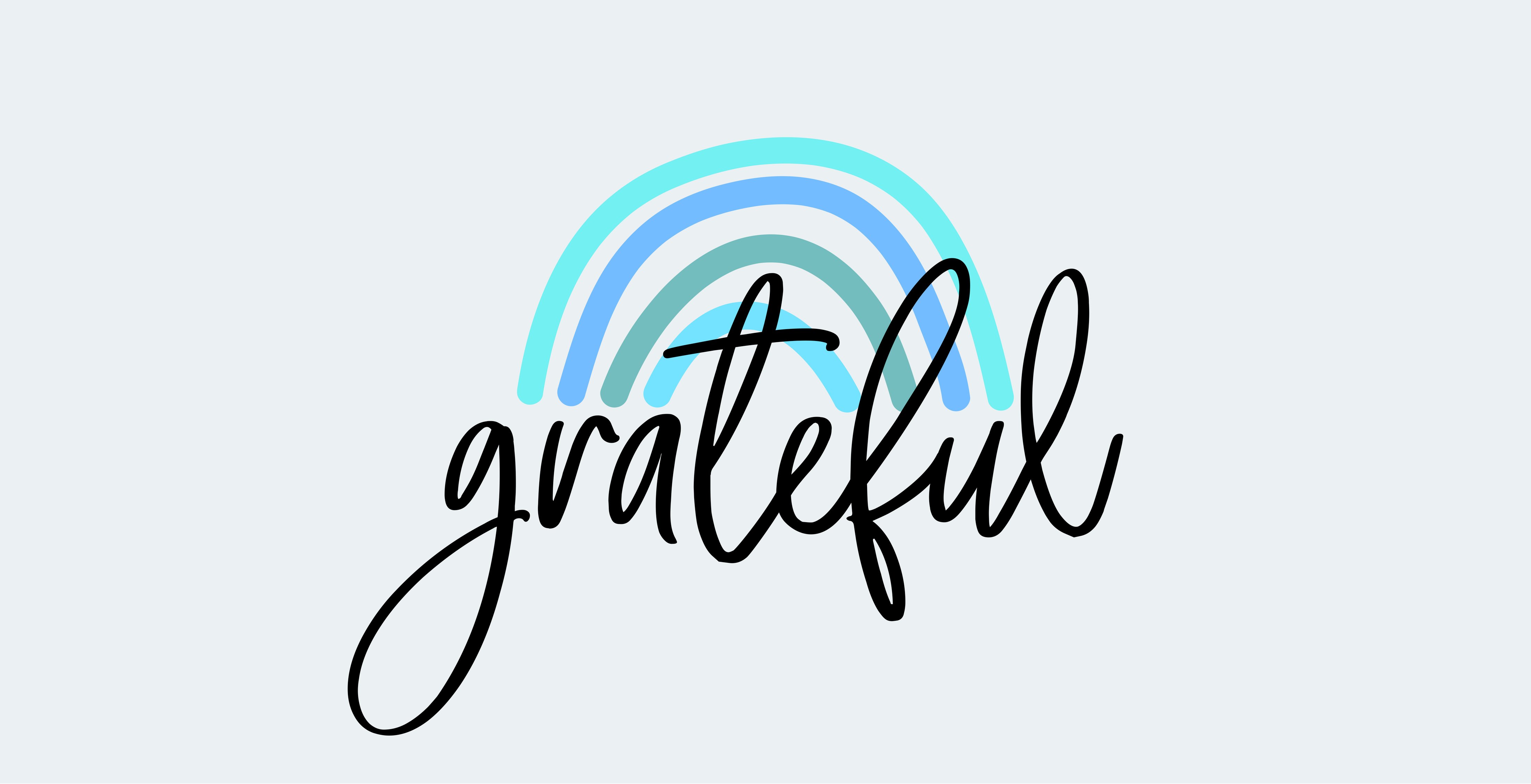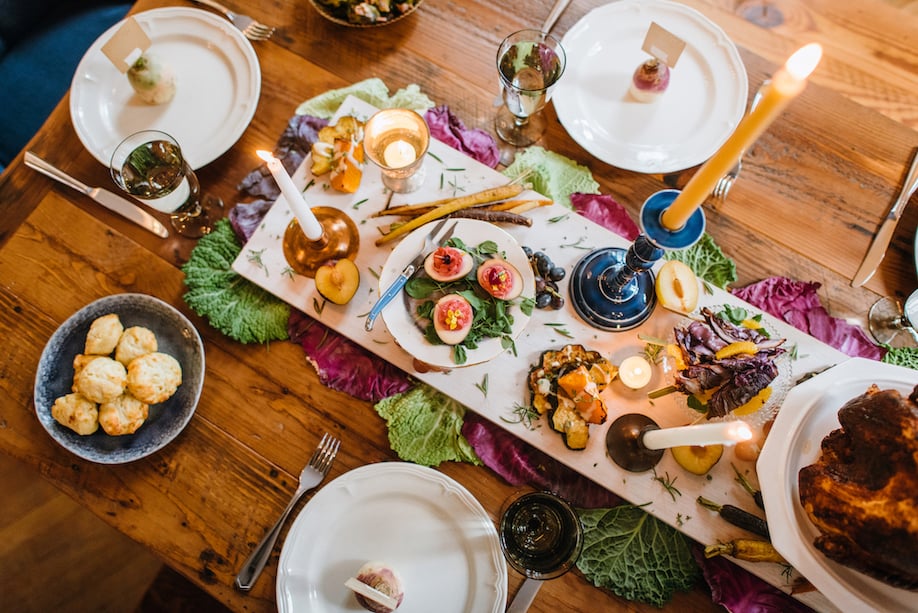
All over the world there are catastrophes, natural disasters, wars, diseases, violence and various forms of abuse. They happen daily. They have done it for centuries and probably will do it for centuries to come. Unfortunately they are part of human existence. What has changed a lot in recent decades and certainly in the 21st century is the way in which we have immediate, constant and extensive coverage of what is happening in the world. And many times the coverage is bad. Or rather, bad news is selected to be shown, read and reported again and again. Until the next bad thing happens and we move on to that.
What is also part of human nature is anxiety, fear, anguish and feelings of guilt, helplessness and anger. It is natural for us to feel these emotions, particularly when we see, hear or read (in real time) disturbing images and heartbreaking stories of pain, suffering and trauma. However, what should not be natural is allowing news, social media and other forms of content to dictate what we feel, think and how we react to their coverage for ratings, financial gain or other reasons. Yes, it is necessary to report on these tragic stories, it is necessary to spread the information and the press is essential to convey the news to us because we cannot know everything and be everywhere in the world, but we can choose when and how. how much and what coverage we want or need at any given time.
Trauma psychiatrist and researcher Arash Javanbakht, MD, says disastrous news is delivered in a highly emotional way (often on purpose), and while strong feelings for victims of wars, floods, earthquakes, mass shootings, or accidents are justified, horrible, we also have to be logical and be in tune with our own emotional processes when interpreting the news.
Be informed, be empathetic, be yourself, but don’t let yourself be manipulated
Seeing or reading about other people experiencing life-threatening, unfair, and/or inhumane conditions exposes us to their trauma. While we ourselves are not traumatized, says the ADAA member and director of the Detroit-based Stress, Trauma and Anxiety Research Clinic (star) at Wayne State University, has a negative effect and can be stressful for us.
“It’s important for me to know and be informed,” Dr. Javanbakht tells ADAA, “but my pain is not going to reduce someone else’s. My suffering, my lack of joy, or my inability to have fun will not benefit someone I don’t know who is suffering from war or disaster.”
That doesn’t mean we don’t do anything. But holding on to guilt and shame or denying yourself happiness or good times is not the answer. Working with trauma survivors, refugees, and first responders, she tells her patients that, if anything, they “now have a greater responsibility to enjoy and create a productive life.”
His advice holds true for those of us who consume the news and feel terrible about it. What we often digest in terms of information is what various media outlets want us to chew on. But we barely have time to let it all settle down before more disturbing news breaks elsewhere, about other people doing or having awful things done to them that will make us feel intensely one way or another again.
“It’s not malicious intent, but the media is intense, including the emotional way the news is conveyed, what news and for how long. They’ve learned that negative emotions glue us to the TV or make us scroll and click, so that’s what they offer us most. They dictate to us what is important and what is not,” Dr. Javanbakht explained, likening the ever-changing focus of the news to a moving beam of light.
“It’s like a laser pointer for a cat. That’s why it’s extremely important to have our own logic because we don’t want to be manipulated. One suggestion is to read the news or listen to or watch journalists who are more emotionally composed when reporting news.”
Channel that energy forever
In addition to being more proactive in deciding where, when, how and for how long you receive the news, the trauma expert recommends taking negative feelings and doing something good with them. This may look different for different people, but since, as Dr. Javanbakht points out, “we are going to feel high-energy emotions like anger, fear, frustration, and helplessness, and the energy can be cultivated, why not channel it into activities? Does that help us feel more in control, less powerless, and feel like we can play a positive role in humanity?
For example, suggest volunteering, helping the homeless, working with refugee children, or engaging in some type of purposeful activism. Start a fundraiser or donate to a cause, call or write to community leaders or policymakers to pressure them to adopt more reasonable and logical policies. If the feelings are too overwhelming, talk to someone: a friend, family member, or even a therapist.
In his most recent book, Fear: Understanding the Purpose of Fear and Harnessing the Power of Anxiety, the ADAA member explains in much more detail how the media and politics have increased our anxiety, but it is our responsibility as consumers and voters to reduce the impact they have on us. Social media can be both a conduit for good and a force for evil.
“Anyone who has a phone can be a journalist today,” said Dr. Javanbakht, highlighting the importance of good judgment, logic and caution. The scariest, cruelest, most threatening story is not always the best story.
It’s okay to express relief and feel gratitude
It’s hard not to address the elephant in the room when digesting the news these days. We see graphic and gruesome images and videos, listen to distressing audio clips, and read depressing lines of reports and comments about people suffering somewhere else in the world or even just a few states away. There is a sense of relief that it is not me. They are not my family or my friends. It’s not in my neighborhood or community.
According to Dr. Javanbakht, this is normal. “We can feel relief as much as we can feel survivor’s guilt,” he says. “Someone else is suffering, starving, has no food or shelter, has lost loved ones, so how can I go and enjoy Thanksgiving?”
It’s a valid point and way to feel, but so is feeling the comfort of not going through that trauma. And it’s okay to be grateful that you are safe and happy and not under physical or mental pressure.
“It’s important to have a realistic understanding of the world; we know it can be unfair, cruel and unsafe,” Dr. Javanbakht told ADAA. “Sometimes you worry that if you don’t feel terrible about something horrible, you’re an ignorant person. But then your approach has to be practical.”
After all, we are human. We are going to suffer, we are going to empathize, we are going to get angry, sad and feel anguish, but we want to minimize that suffering in ourselves because it is not going to help anyone else, he says.
Instead, he advises, we can transfer our knowledge and skills, what we are learning about trauma, to people who are suffering and not just today but in the years and decades to come. Because, as he says, wars and other tragedies eventually end, but their impact can last for generations.
“In the midst of so much suffering, it is even more crucial that happiness continues to exist and spread. And that can start with you. Be happy and share it with those who may not be as fortunate or privileged,” says Dr. Javanbakht.






%20(Website)_0.png)